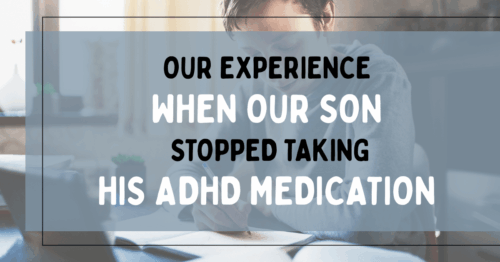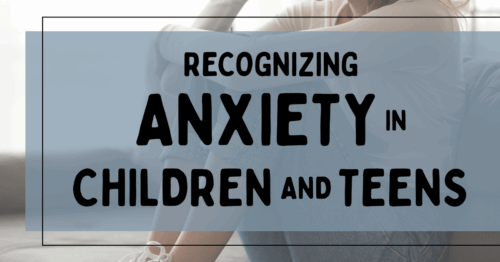Our Experience When Our Son Stopped Taking His ADHD Medication
My son has been on medication for his ADHD for about ten years. I believe strongly that it helped him with his focus and attention, especially during school. This article is about why our son made the decision to stop taking his medication and what that experience was like for our family. This isn't an article on not having your…
Parenting an Extrovert Child When You’re an Introvert
Parenting an extroverted child as an introvert can feel like living in two different worlds. The noise, energy, and constant social needs can leave you drained. With patience, boundaries, and understanding, it is possible to find balance. You do not have to change who you are to grow together and build a strong connection.
How Do You Explain Being an Introvert to Others?
Being an introvert doesn’t mean something’s wrong with you. It means you recharge by being alone, not that you're shy, rude, or broken. Explaining that to people isn’t always easy, but you don’t need to apologize for who you are. If someone doesn’t get it, that’s okay. Your people will, and they’re the ones who matter.
Learning I’m an Introvert Changed Everything
I used to think something was wrong with me for needing quiet, solo time after social events. But discovering I’m an introvert changed everything. It’s not about fixing who I am—it’s about understanding it. I’ve learned to honor my energy, set boundaries, and finally feel comfortable in my own skin. Being an introvert isn’t a flaw. It’s clarity.
Can a Child Succeed in School When They Have ADHD?
Children with ADHD can succeed in school — not just scrape by, but thrive. It might not look traditional, and the path may be winding, but with support, self-awareness, and a focus on strengths, real growth happens. My son, who has inattentive ADHD, is living proof: resilient, creative, and learning to define success on his own terms.
Recognizing Anxiety in Children and Teens
Anxiety isn’t just something adults deal with — kids and teens can struggle with it too, often in ways that are hard to recognize. In this post, I share my daughter’s journey with anxiety, what signs to watch for, and how we’ve learned to support her along the way. If you’re wondering what to look for, read on.






